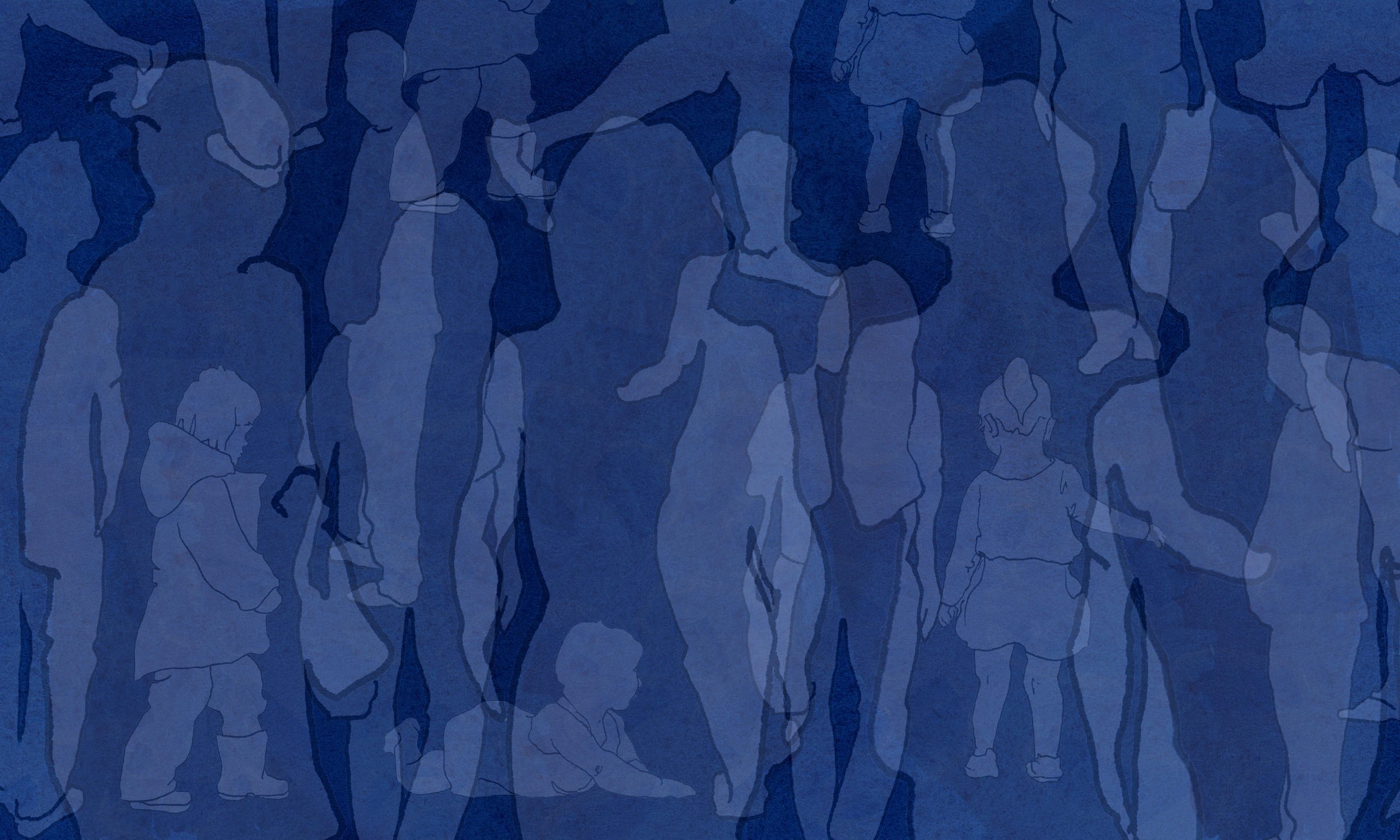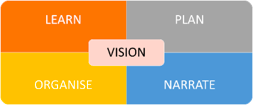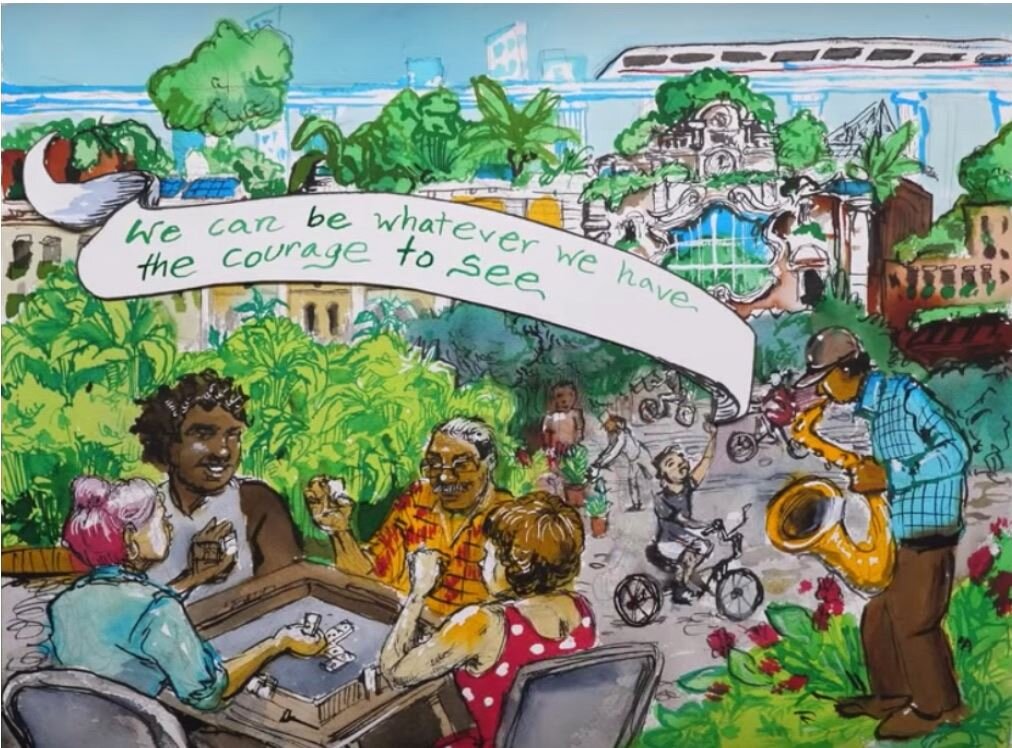Mapping the Future we can Embrace
Where do we want to go, and how are we going to get there?
Australia reMADE is a new and growing network of passionate people and civil society leaders working to name, plan and act on the Australia of our dreams: a Vision for Australia reMADE. We’re here to provide an alternative story – the story of what’s possible, and then help figure out together what needs to shift in order to make it happen. This is a space for mapping solutions, gathering community and bridging across silos as we move forward to a future we can be excited to embrace.
Our values include room for imperfection, vulnerability and humour. They include friendship, disagreement, diversity and debate, as well as rest, creativity and play. We celebrate trial and error, as well as progress in the present over the illusion of perfection in the future. We recognise that we cannot move forward when we let criticism (real or imagined) mute our voices before we’ve tried to speak.
As a new and evolving organisation, here’s how we currently think about our work:
The Four Quadrants of Transformation,
Louise Tarrant, Australia reMADE
We need to learn – learn how our issues link up, understand some of the common drivers or accelerants and in so doing identify key interventions or changes required.
We need to plan – a platform of principles, ideas, policies and institutional initiatives required to remake our country.
We need a story that can explain, persuade and motivate us to replace neoliberalism with something better, as outlined by George Monbiot and many others.
We need to organise, integrating all three as we remake our way to a new future.
We need to be vision-led – and all work needs to emanate from and refer back to the vision – it is our lodestar.
From “A Message From the Future With Alexandria Ocasio-Cortez” with a vision for a Green New Deal
Our aim is to collaborate and connect; building on strengths, networks, expertise and work that’s happening all over the world.
Australia reMADE is part of a growing global ecosystem of organisations and leaders grappling with how we do long-term structural change to put people and nature first. Groups like LEAP in Canada, Compass in the UK, the New Economy Organisers Network, New Economics Foundation, and dozens of Green New Deal groups are all popping up with remaking as their mission. There are many other leaders who are deliberately, if imperfectly, crafting positive narratives and plans – stressing what they’re for, what they want to do and why; rather than sticking to platitudes, negations and tearing down the other side.
So let’s dive deeper into why vision is at the core of transformation.
There is plenty of evidence from politics, psychology, marketing, engineering, cognitive linguistics and more that offering a greater vision of what you’re for and talking about solutions is highly effective. But it takes practice, and the deliberate choice to shift our focus again and again from, ‘how do we stop what’s wrong’ to ‘how do we build what’s right?’
It takes practice, and the deliberate choice to shift our focus again and again from, ‘how do we stop what’s wrong’, to, ‘how do we build what’s right?’
The respected communications consultant and mentor, Anat Shenker-Osorio, has found through repeated testing and field experience that the best structure for engaging and persuading isn’t the classic ‘problem → solution → action’ model traditionally favoured by activists; but rather ‘vision → barrier → solution’ (what we want, what’s standing in the way, and the solution to fixing it). We still talk about challenges, bad actions and barriers. But we stop making them the entire story (“boy do I have a problem for you!”).
In my experience of over 15 years as a communications advisor for mission-driven movements and organisations, I’ve found there are a number of barriers that come up for us when trying to be more vision-led.
Here are just a few.
We’re afraid a positive vision is weak and can’t beat a negative attack or fear campaign.
We’re afraid it’s Pollyanna, merely avoiding the reality of the problems...problems that are hurting real people.
We’re unpracticed at putting forward solutions, and studying them as seriously as we study problems.
We’re afraid of being criticised for putting forward solutions that fall short of the scale of the problem, or are in some way not good enough. Solutions are controversial, problems have largely been well-defined.
We’re afraid of being disappointed. The higher our hopes start, the harder they fall. Cynicism is safe ground.
There’s too much unknown. We’re afraid to admit that we don’t actually have the answers.
Talking about villains and problems fires up our base and can help us meet organisational KPIs (fundraising, turnout, engagement). It’s also important to hold power to account.
We’re too tired, busy and captured in the important work of putting out fires to work proactively for a positive agenda.
We’ve lost the ability to dream and no longer believe we can remake the world. We’re unlearning decades of conditioning that tell us history is over, everything is settled and it’s only up to the rich and powerful to shape the future.
“When life gives you lemons, make big structural change.” — Elizabeth Warren
The problem is not that we’ve had organisations and individuals focused on stopping bad things, holding power to account and putting out fires. It’s that we’ve lacked an alternative story to share about how things can be, and big solutions to back it up that people believe in and are willing to try.
And politics, alas, is not solitaire (another good Anat-ism). We’re not the only ones trying to persuade people or help them make sense of the world. Where we’re unsure how to talk about difficult issues or carefully hedging our statements, our opponents are expertly stoking fear and assigning blame.
So we might be timid to name the big structural changes we want, but our opponents sure aren’t. Or maybe we can rattle off a policy wishlist, but we can’t bring our solutions together in a compelling narrative that resonates. Our opponents unfortunately have a big head start there too. They also have powerful media mouthpieces, corporate money, think tanks, lobbyists and an entrenched political establishment at their disposal.
Fortunately, human beings are wired for cooperation and caring. We didn’t survive the savannah because of rugged individualism, but because of community and cooperation. And as David Ritter reminds us, change is not linear. We are capable of tremendous leaps at a mind-boggling speed.
“We are not the problem, we are the solution.” Young Indigenous leaders reading out their powerful Imagination Declaration at the 2019 Garma Festival. (Photo courtesy of The Conversation.)
It’s time for us to scale up and operationalise not just resistance, but creation. Engagement, transformation and disruption happen when people see something better they can latch onto and a story that makes sense and inspires them; not just more critique of something bad they have no hope of avoiding (or worse: something that only our opponents are talking about and offering a solution for).
Resistance is still powerful and necessary. And when all else is failing, resistance can feel like the only choice we have left. It can be noble, inspiring, defiant and empowering. But we can’t stop there, because resistance by definition exists only in opposition to something else. It’s still their story, their reality, their terms. And getting rid of something bad just leaves a void that will soon be filled by something else that’s bad, if we haven’t changed the underlying story and system.
Without an alternative people are willing to trust or try, it is perfectly rational for our audience to switch off and stick with the devil they know.
We know it takes courage to go out on a limb and name what we want, not just what we don’t want. We know it takes a certain kind of courage to back others and celebrate progress when people, ideas and execution are inherently imperfect. We know it takes courage, along with bucketloads of energy, humility, hope and resilience to try and to fail, and to keep showing up.
Fortunately, we find our courage in each other. The word courage comes from French, “le coeur” (the heart). Courage comes from love, and love is our ultimate renewable resource.
“No is not enough – it is time for big, bold yeses to rally behind.” -Naomi Klein
Vision gives us the big beautiful thing to aim at – the goal that unites, guides, builds trust and inspires us to keep going in the face of imperfection, pivots and pushbacks.
Barack Obama likened politics to American football (or in our case, rugby). You fight and fight for a few inches, but every now and then a space opens up where you can take the ball and run. Let’s make sure you have a goalpost worth running for.
In our short time together at Australia reMADE, we’ve begun to gather a bank of stories and examples of organisations and leaders putting a bigger vision into action, including:
How the electorates of Indi and Warringah made history, electing Independents who stood for climate action and renewed democracy; by offering not just a choice for a different kind of candidate, but a different kind of politics.
How the Queensland Council of Social Service started putting vision at the heart of their strategic planning and community outreach as they transformed from a deficit to a strengths-based model of engagement and change. Now, in partnership with Common Cause and the Australian Conservation Foundation, QCOSS are hosting a Queensland reMADE event at the end of November 2019.
“Imagine the power of a positive vision for Queensland, leading up to the next state election. In a politics of fear, we can show bold, visionary and practical ways forward. Join us at this free gathering, a great opportunity to build relationships and identify first steps in working together for bigger and deeper change.”
How students at the University of Tasmania used a bigger vision to end a long-term standoff with management over carbon emissions, and embrace a sustainable plan for the university beginning with Certified Carbon Neutrality.
How for the first time ever, the Uniting Church now has a galvanising vision for the society they want to guide and prioritise their work.
How the town of Gloucester, NSW, which made history defeating the Rocky Hill coal mine, brought its community together around the vision for Australia reMADE at its Sustainable Futures Convention and made it a profound experience of hope and renewal.
Of course there are countless more, from the timeless examples of Martin Luther King and Gandhi to contemporary leaders like Jacinda Ardern and Greta Thunberg. These are leaders of conviction, calling us to a higher vision, inviting us to build a better world.
Thank you for showing up, and bon courage.
LILIAN SPENCER
Lilian Spencer is a writer and communications advisor for mission-driven organisations. She helped craft the Australia reMADE Vision and now leads Australia reMADE’s ongoing communications strategy and engagement work.
Lily believes that the secret to change is to “focus your energy not on fighting the old, but on building the new.”
(Way of the Peaceful Warrior, Dan Millman)








